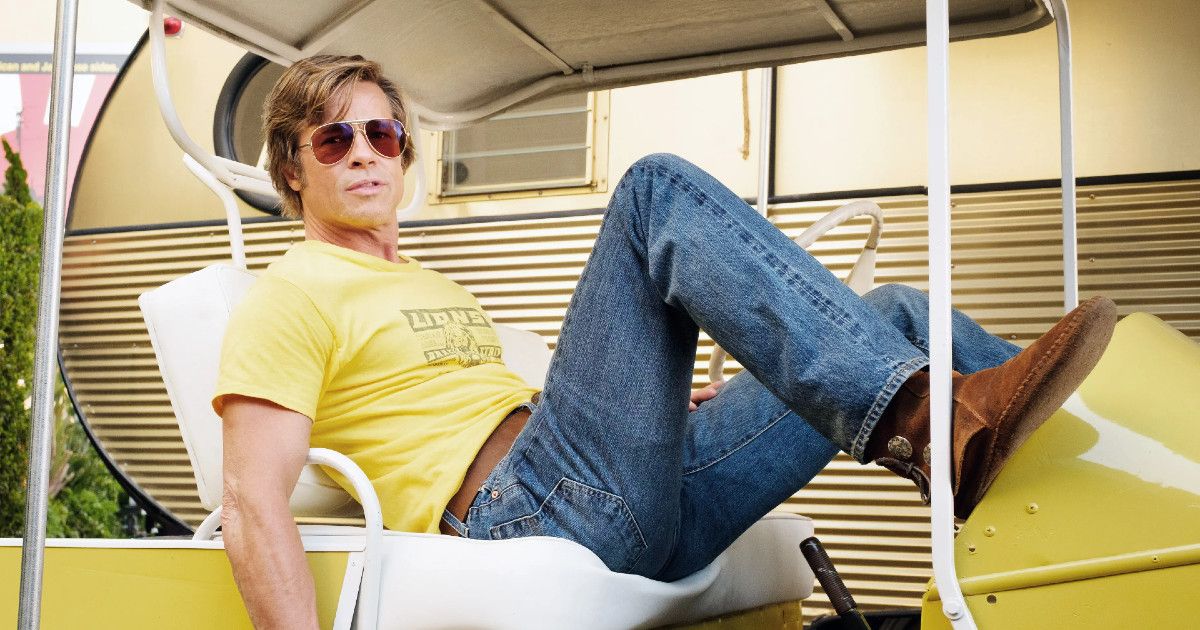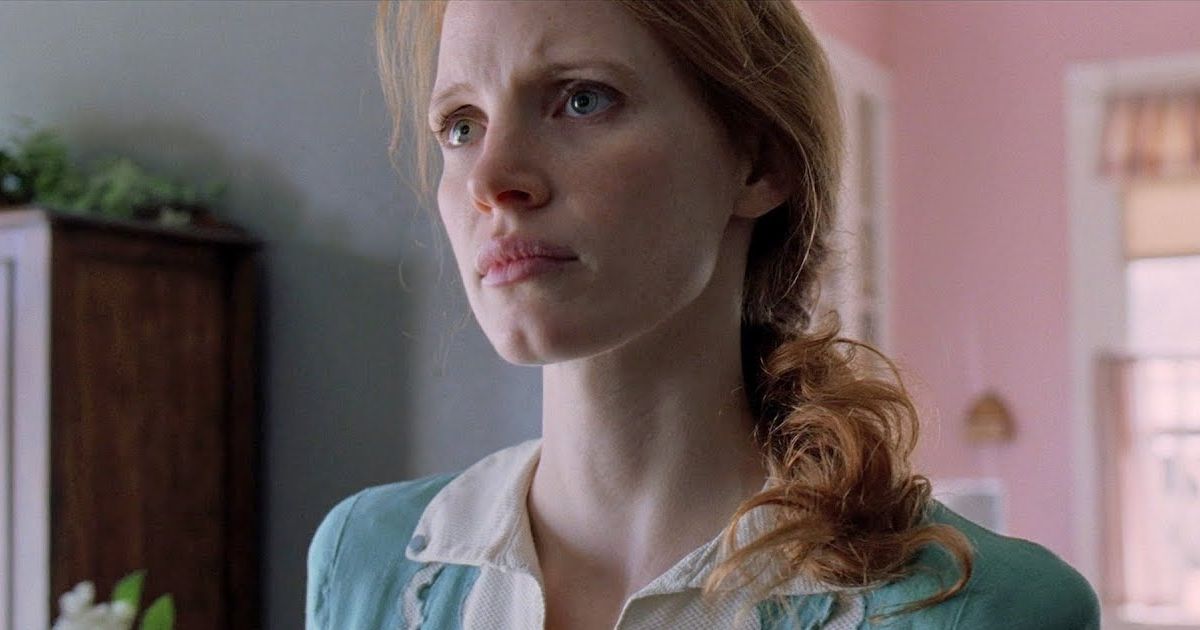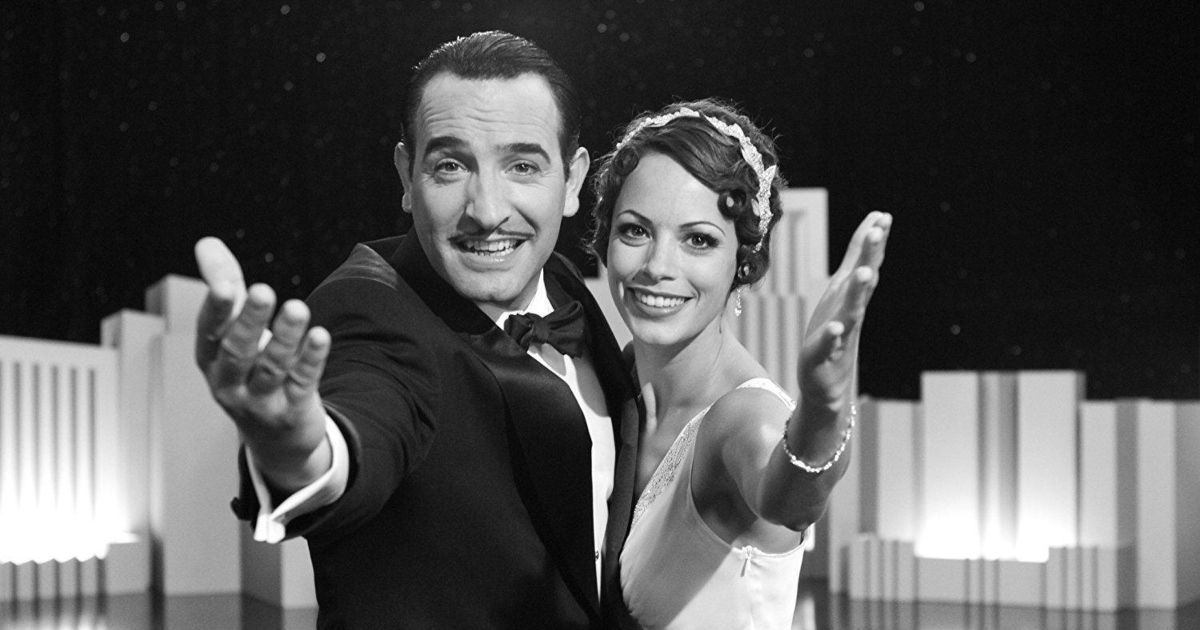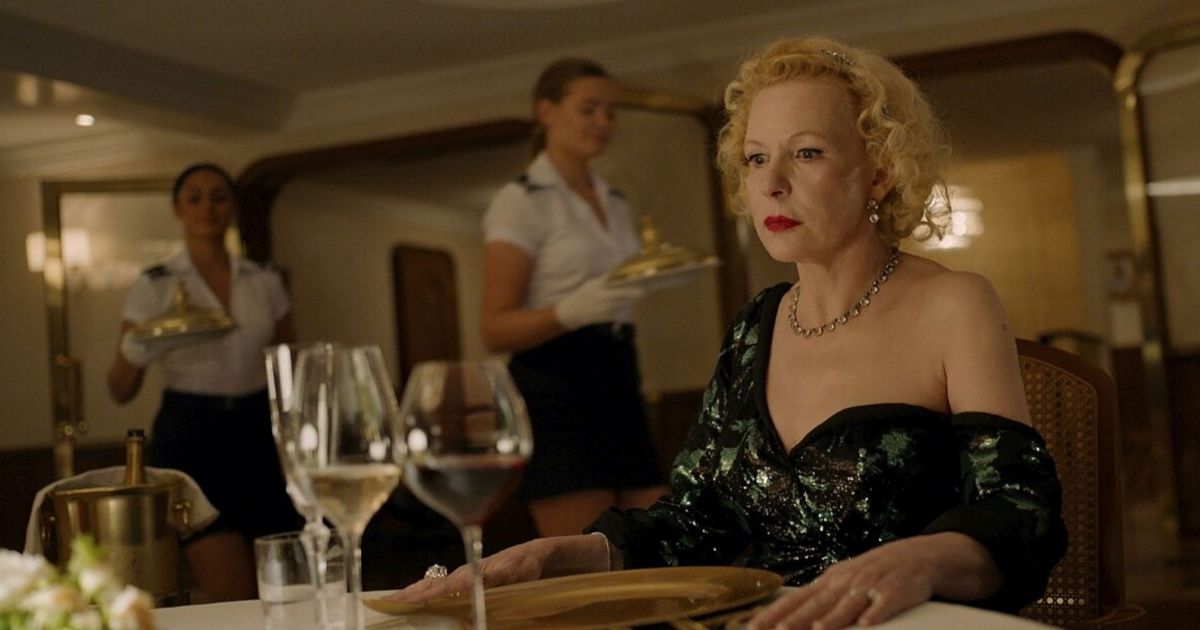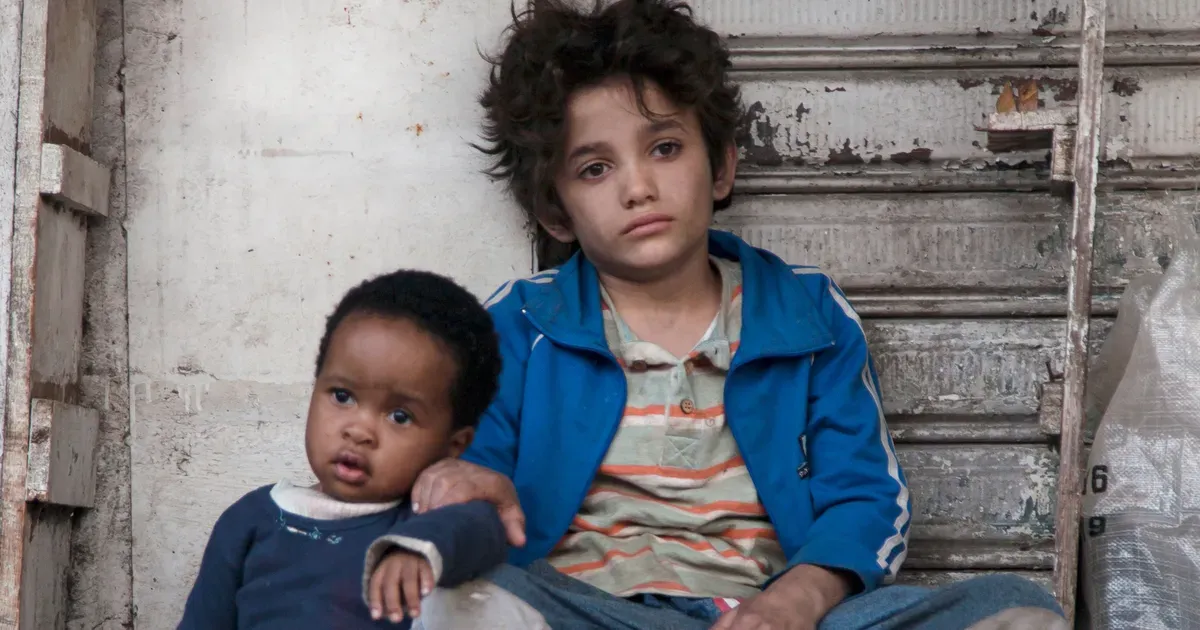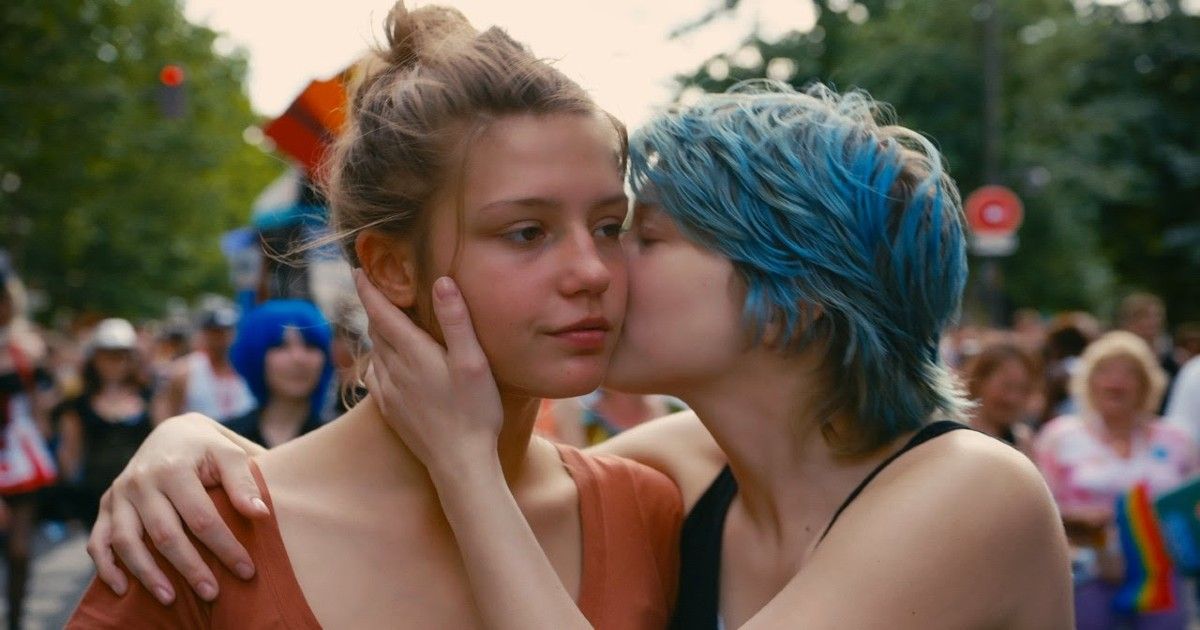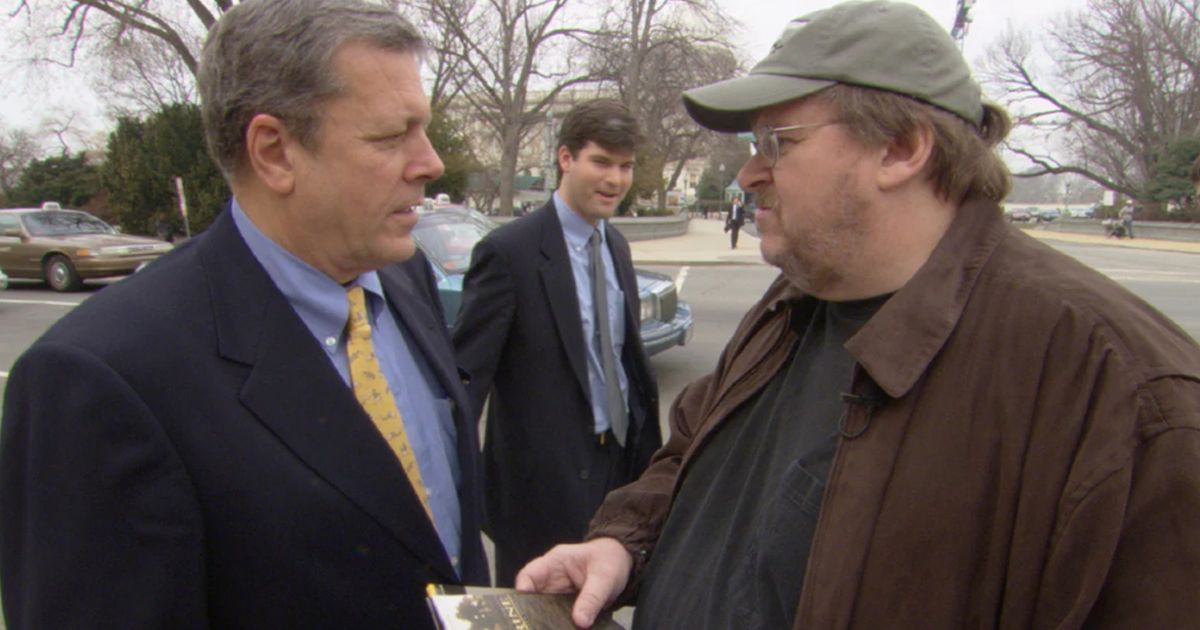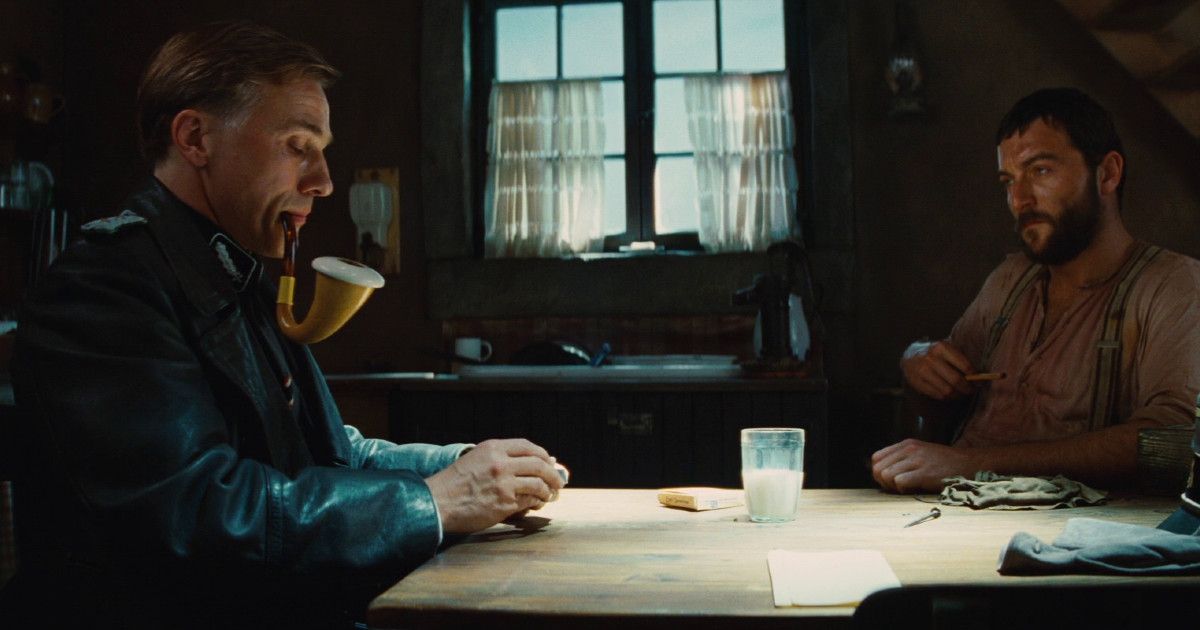The Cannes Film Festival is an annual ritual for the film industries around the world as the festival has established itself as the cultural capital of cinema. The festival has its roots in 1938 when the French Minister of National Education decided to set up a film festival with the support of Americans and the British. The festival was set up in a spirit to compete with the Venice Film Festival, which was the only international film festival. The festival had its political ups and downs during the World War but finally found its footing in 1946 when the first Cannes International Film Festival was relaunched where 21 countries presented their films.
Since then, the festival makes annual headlines for the red carpet glitz and glamour and also for its location in the pristine French Riviera. The festival loves drama. There are at least 22 controversial films that premiered at Cannes which witnessed boos and walkouts, including Martin Scorsese’s Taxi Driver. However, there are several films that receive a standing ovation in the film festival which become commercially and artistically significant for the film’s shelf life. Here are 10 films, that grabbed eyeballs at the Cannes Film Festival and received a standing ovation.
10 Parasite
Parasite, directed by Bong Joon Ho, premiered at the Cannes Film Festival in 2019 and received an eight-minute standing ovation. It comments on class inequality in South Korean society through the Kim family, who infiltrates the wealthy Park family as unrelated workers to assist. As the story unfolds, the secrets in the Park household get darker and the Kim has to live with a big secret that creates havoc in the house.
The film made several histories in the award circuit. Parasite became the first Korean film to win the Palme d’Or and also the first non-English-language film to with the Academy Award for Best Picture. Bong Joon Ho responded, Lets all go home, after receiving a standing ovation at Cannes which went viral for his down-to-earth reaction after the achievement.
9 The Tree of Life
The Tree of Life, directed by Terrence Mallick, premiered at the Cannes Film Festival in 2011 and was applauded with a standing ovation for the performance of the actors’ performance. The film is an experimental film that is overweight with philosophy that revolves around three brothers and their relationship with their parents. The film explores several existential and abstract ideas as the boys navigate their grief. The film won the Palme d’Or and the FIPRESCI in 2011 even though it received a few boos in its premiere and was criticized for the lack of coherence. The film also received three Oscar nominations, including Best Picture, Best Director and Best Cinematography.
8 The Artist
The Artist , directed by Michel Hazanavicius and starring Jean Dujardin and Bérénice Bejo premiered in Cannes Film Festival in 2011 and received the standing ovation. The film talks about a silent movie actor who falls in love with an actress as films adapt to sound. The film pays tribute to old silent movies stylistically and aesthetically as it is shot in monochrome with actors acting as silent actors. The film won several Academy Awards, including Best Picture, Best Director for Hazanavicius, and Jean Dujardin for Best Actor. It was the first silent film to win an Academy Award and Dujardin won Best Actor at the 2011 Cannes Film Festival.
7 Triangle of Sadness
Triangle of Sadness, directed by Ruben Östlund, is a black-comedy satire that premiered at the Cannes Film Festival in 2022. The film received an eight-minute standing ovation and won the Palme d’Or. The film gives a witty take on class and capitalism as a group of wealthy cruise passengers gets stranded on an island after a mishap on their cruise. Survival on the island reveals the passengers’ inner instincts and how power in the capitalist society is racially biased and how one’s social access is stripped off in the wild.
Critics found it ironic that the film was applauded at Cannes, as the festival is known for its elitism. The name of the film is borrowed from the worry wrinkle between the eyebrow, which can be removed with botox.
6 Capernaum
Capernaum, directed by Nadine Labaki, debuted at Cannes Film Festival in 2018 and received a 15-minute standing ovation. The film is centered around a Syrian refugee who sues his parents for child negligence. The lead character is played by Zail Al Rafeea who is a Syrian refugee in real life as his character is forced to flee his circumstances as a 12-year-old and encounters several helpless individuals suffering from their own ordeal.
In a profound reel meets real-life experience, the film has hard-hitting realism that sheds light on child abuse in a war-torn Beirut. The film competed for the Palme d’Or and won the Jury Prize and was also nominated for an Academy Award for Best Foreign Language Film losing to Alfonso Cuarón’s Roma.
5 Blue Is the Warmest Color
Blue is the Warmest Color, directed by Abdellatif Kechiche, is a romance film that explores the sexual relationship between a French teen and an art student who met in a lesbian bar. The film had its World Premiere at the Cannes Film Festival in 2013 and won the Palme d'Or from the official jury and the FIPRESCI Prize. The film created history in the film festival, being the first film to win the Palme d'Or for the director and both the lead actresses, Léa Seydoux and Adèle Exarchopoulos.
The film received a standing ovation and also ranked highest in the critics’ poll at the festival. The film was also nominated for the Golden Globe Award for Best Foreign Language Film and BAFTA Award for Best Film Not in the English Language.
4 Once Upon a Time in Hollywood
Once Upon a Time in Hollywood, directed by Quentin Tarantino, premiered at the Cannes Film Festival in 2019, at the 25th anniversary of Pulp Fiction’s premiere. The film received a seven-minute standing ovation. The film is known to be Tarantino’s most personal film, as he brings to life the film culture that influenced him the most. The film is set in the 1960s Los Angeles, where Hollywood was undergoing a lot of cultural and industrial change. The changes impact actor Rick Dalton, who begins to feel irrelevant and is comforted by his stunt double Cliff Booth.
The film also alters the history behind the Tate murders and the fate of the Manson family that terrorized Hollywood in the same era. The film was nominated for 10 Academy Awards, with Brad Pitt winning for his performance as Cliff Booth. Tarantino also wrote a novelization of the film in 2021.
3 Bowling for Columbine
Bowling for Columbine, directed by Michael Moore, is a documentary that covers the cause and effect of the Columbine High School massacre. The film was screened at the Cannes Film Festival in 2002 and received a 13-minute standing ovation. The film makes a thought-provoking commentary on the lenient gun laws and compares gun control in other countries to contextualize Moore’s dissent with National Rifle Association and its political power in the US. The documentary also won the Academy Award for Best Documentary, where he vocalized his opposition to the George Bush government and the invasion of Iraq. He was applauded and booed on the stage as the other nominees stood next to him on stage.
2 Fahrenheit 9/11
Michael Moore’s Fahrenheit 9/11 was a Cannes Film Festival favorite. The documentary was an investigative outlook on the Bush presidency’s involvement in the 9/11 terror attacks. The film debuted at the Cannes Film Festival in 2004 and was awarded the Palme d’Or. The film received a 15- 20 minute standing ovation and became the first documentary to win the Palme d’Or since The Silent World in 1956.
The title of the film is inspired by Ray Bradbury’s novel, Fahrenheit 451 which presented a dystopian future of the United States. 451 is the temperature at which paper catches fire. The documentary alluded that the September 11 attacks reached the point when American freedom was burnt. The film stirred controversy for being highly political, and awards being attached to the documentary also came under inquiry. Nevertheless, the documentary captured the state of panic and distrust of the government in the early 2000s, which terrorized humanity globally.
1 Inglourious Basterds
Inglourious Basterds, directed by Quentin Tarantino, premiered at the 62nd Cannes Film Festival. The film is an alternate historical take on Nazi-occupied Europe, where a team of Jewish soldiers kills Nazis named Basterds and eventually Adolf Hitler. Christopher Waltz plays Hans Landa who is an SS colonel in charge of tracking Jews in hiding and later the Basterds who are on a scheme to kill Landa and prominent Nazi leaders.
The title of the film was inspired by the 1978 film The Inglorious Bastards which was the Italian adaptation of the American film The Dirty Dozen. Although Tarantino was not inspired by the story, the film has several references to the film. The title of the film attracted several critics to the film. Waltz won the award for Best Actor in the festival and other major awards in the following film festivals and award shows for his performance. The critics were divided on the film at the beginning but received an 8–11 minutes standing ovation after its first screening.

